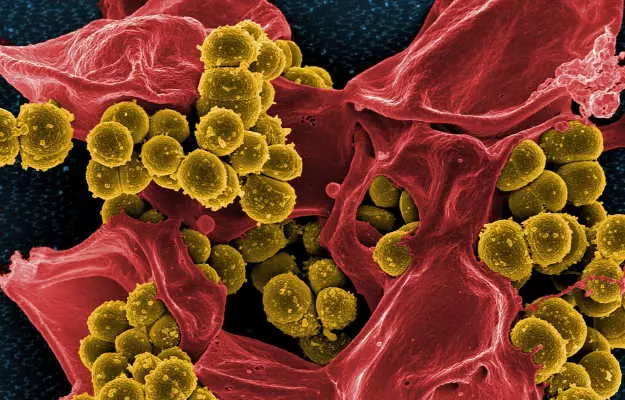Pune's first-ever COVID-19 serosurveillance showed that 51.5% of the population may already have antibodies against SARS-CoV-2, the virus that causes COVID-19. The survey was performed by the Indian Institute of Science Education and Research (IISER) along with the local municipal corporation and other bodies.
This suggests that more than half the population of the city has had some exposure to the coronavirus infection, although authorities have stressed that the survey could not be taken to be comprehensive due to the relatively small sample size, and that frequent sero surveys must be conducted to ascertain the transmission of COVID-19 in the community.
Read more: Immune system is able to identify COVID-19 because of common cold causing coronaviruses
The survey, which included blood samples from people coming from various sections of society and socio economic backgrounds, also found that a high percentage of people coming from relatively poorer establishments appeared to have higher sero-positivity, which means a higher concentration of antibodies compared with those who were better off.
It added that those who used shared toilets (62.3%) and were living in smaller dwellings had a higher presence of antibodies than those who had access to private, independent bathrooms and toilets (45.3%). The sero-positivity found in Pune was also higher than that of cities like Delhi and Mumbai.
The survey included 1,644 respondents from five containment areas - the most affected parts in the city - as Pune went past Mumbai in the total number of coronavirus cases in the state of Maharashtra. The western state is India's worst affected, with nearly six lakh cases and over 20,000 deaths.
Critically, however, a senior researcher who was part of the survey suggested that samples were taken from people who had symptoms as well as people without symptoms, adding that the study could only indicate past infection among those who had developed antibodies but cannot be seen as proof of immunity to the infection.
Serosurveillance is a critical component of public health to identify people with antibodies against a disease that is causing an epidemic in the region, as well as the prevalence of the disease itself. The first such survey in the city included adults (18 years and above) from five zones of the city, whose total population is about 35 lakhs.
Read more: Serosurveillance to become a monthly affair in Delhi
The Indian Council of Medical Research (ICMR), as well as various public health bodies in the country along with the government had decided to conduct serosurveillance on a national level to monitor the spread of the new coronavirus infection in the country and its transmission levels. India is currently the third worst hit country in the world by the SARS-CoV-2 virus - with 27 lakh people sick because of it and nearly 52,000 deaths.
In the first sero survey conducted in Delhi, 23% of the population was found to have antibodies against COVID-19. At the same time, 40% of the population in Mumbai was found to have antibodies. Antibodies were found in 11% to 17% of urban areas and 57% of slums.
Read more: India becomes fourth country to conduct 20 million COVID-19 tests
A sero survey conducted in Ahmedabad, Gujarat, revealed that 47% of the city's population had developed antibodies after becoming infected with the virus. This also suggests that now a larger proportion of the population of these cities may have produced antibodies against the coronavirus, as surveys here were conducted a few weeks earlier, as the virus is still spreading rapidly.
The population density of the places from where blood samples were taken in Pune is also similar to Delhi and Mumbai.















